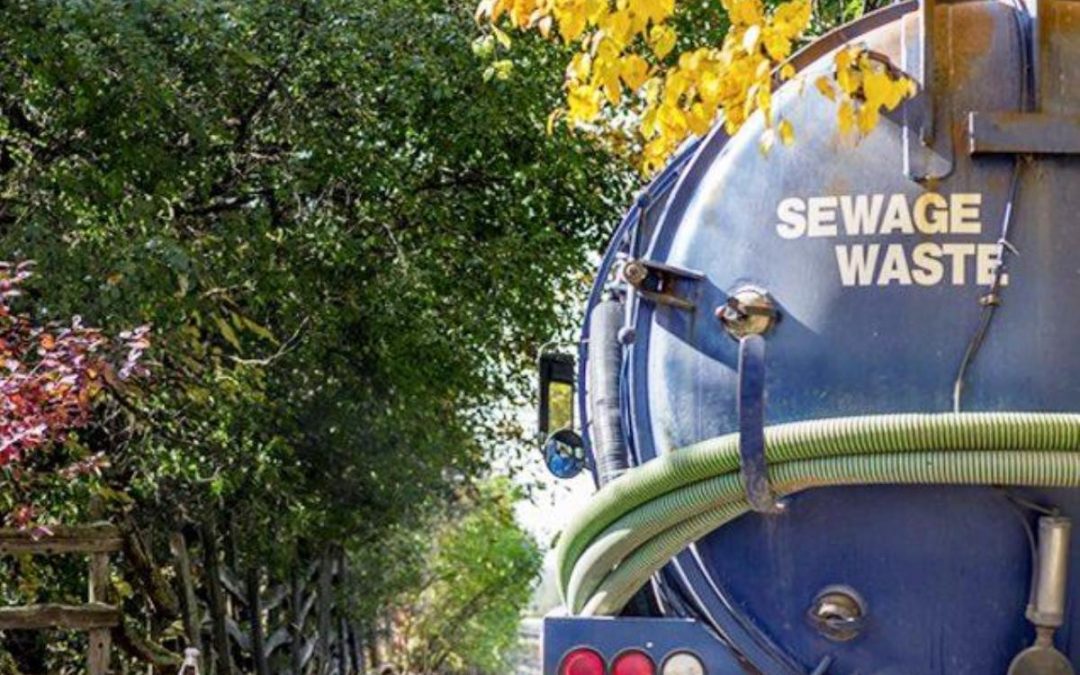What Does Reclaim Waste Mean?
What Does Reclaim Waste Mean?
Blog Article
The Ultimate Guide To Reclaim Waste
Table of ContentsExcitement About Reclaim WasteExamine This Report about Reclaim WasteThe Ultimate Guide To Reclaim WasteSome Of Reclaim WasteThe Facts About Reclaim Waste Uncovered
Check out the kinds, incidents, and forms of fluid waste. Domestic sewer waste describes the waste and items from a property septic system. This kind of waste is created by humans in homes, colleges, and various other structures. This only consists of sewage-disposal tanks that have a drainpipe area. The correct administration and disposal of domestic sewage waste call for fluid waste to be transferred to a sewer treatment plant where the proper methods and equipment are used to purify and deal with waste.
Commercial waste frequently consists of possible dangers, such as combustible products or a combination of fluid and strong waste products, and requires an advanced and detailed disposal procedure. The disposal of industrial waste normally entails the filtration of waste before transport to ensure safe and proper disposal. Hazardous waste is created from by-products and overflow of commercial procedures and production.
This kind of waste can not utilize the very same sewer management transport or procedures as septic or business fluids. The commercial waste management process needs the examination and screening of liquid waste prior to it undergoes the disposal process (liquid waste disposal). Drainage waste is the liquid waste that originates from drainage and excess stormwater in extremely booming locations or cities
Drainage waste can create contamination and flooding otherwise taken care of properly. Find out more about sewer cleaning and waste management. Guaranteeing appropriate waste administration can avoid disasters and decrease environmental injury. Both people in property setups and experts in industrial or production sectors can gain from comprehending the processes and policies of liquid waste monitoring.
The Buzz on Reclaim Waste
Contact PROS Providers today to find out about our waste administration and disposal solutions and the appropriate means to take care of the fluid waste you create.
(https://www.pageorama.com/?p=reclaimwaste1)This so-called 'wastewater' is not just a crucial resource however, after treatment, will certainly be released to our land, rivers or the ocean. Made use of water from bathrooms, showers, baths, cooking area sinks, laundries and commercial processes is recognized as wastewater.

water utilized to cool down machinery or tidy plant and equipment). Stormwater, a type of wastewater, is runoff that streams from agricultural and metropolitan locations such as roofings, parks, gardens, roads, courses and gutters into stormwater drains pipes, after rain. Stormwater streams untreated directly to neighborhood creeks or rivers, eventually reaching the sea.
The 4-Minute Rule for Reclaim Waste
In Queensland, the majority of wastewater is treated at sewage treatment plants. Wastewater is transported from domestic or industrial sites through a system of sewers and pump stations, referred to as sewage reticulation, to a sewer therapy plant. City governments build, maintain and operate most sewage treatment plants. Operators are certified under the Environmental Management Act 1994 to release cured wastewater at an acceptable ecological requirement into rivers.
The Department of Natural Resources encourages city governments regarding managing, operating and preserving sewerage systems and therapy plants. In unsewered locations, regional governments may need homeowners to install individual or home sewer therapy systems to deal with residential wastewater from bathrooms, kitchen areas, shower rooms and laundries. The Department of Natural Resources authorizes using home systems when they are proven to be reliable.
In some new subdivisions, therapy of some stormwater to remove clutter, sand and gravel has actually begun making use of gross pollutant catches. Wastewater treatment happens in four stages: Gets rid of solid issue.
Makes use of tiny living organisms recognizes as micro-organisms to damage down and remove staying liquified wastes and great particles. Micro-organisms and wastes are integrated in the sludge.
Get This Report on Reclaim Waste
Nutrient elimination is not readily available in all sewer therapy plants due to the fact that it calls for pricey specialized tools. It is coming to be more common in Queensland. Clear fluid effluent generated after therapy might still consist of disease-causing micro-organisms. If this effluent is launched into waterways such as rivers or the sea, the micro-organisms will eventually die out.

A lot of wastewater flows right into the sewerage system. Under the Act, neighborhood governments administer authorizations and permits for ecologically relevant tasks check here (Ages) entailing wastewater releases that could have a regional influence.
The 7-Second Trick For Reclaim Waste
Surveillance gives valid details about water quality and can confirm that licence conditions are being met. The information obtained through monitoring offers the basis for making water quality decisions.
Report this page